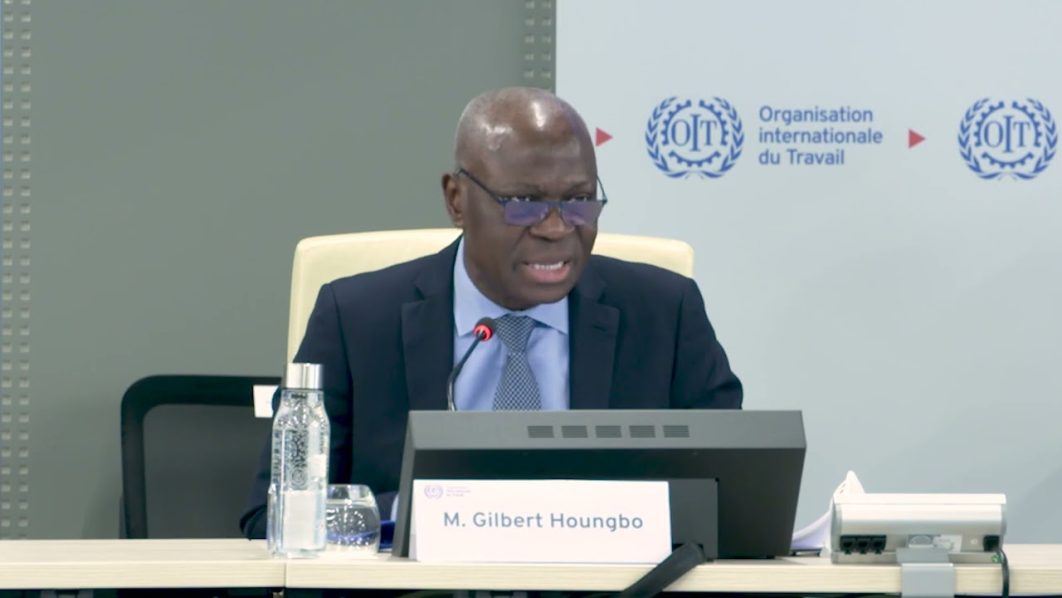
Political leaders in Africa must involve women in social dialogues to tackle deepening hunger, and poverty amid protests rocking parts of the continent.
The Director General of International Labour Organisation (ILO), Gilbert Houngbo, stated this yesterday, in Cotonou, Benin Republic, at the African Regional Organisation of the International Trade Union Confederation (ITUC-Africa) Women’s Conference. He said the global labour body strongly believed in promoting women participation in social dialogue.
“At the ILO, we believe women’s experiences, their perspectives, and their contributions are essential for ensuring that social dialogue and collective bargaining processes are inclusive and successful,” he stated.
The ILO chief maintained that women suffered greater adverse effects of adversity from climate change, globalisation, technological development, demographic shifts, and geopolitical tensions. He stated that by leveraging the Global Accelerator on Child and Special Protection for Child Convention, the world could extend protection to vulnerable groups.
He paid tributes to countries that ratified the ILO’s Convention on Gender Equality and Against Violence and Harassment in the World of Work, saying, “Many African countries have ratified and implemented conventions on these critical areas, including Conventions C100, C111, C13100, C-111, C-136, and C-183. But we need to do more. We need to ensure that all and every country on the continent that ratifies these conventions will count on your efforts to help with achieving this.”
To achieve prosperity for all, the ILO helmsman noted that targeted policies to address gender disparities must be put in place by governments. In her remarks, the President of ITUC-Africa, Martha Molema, lamented that while Africa had witnessed significant strides in education, healthcare, and political participation, women were disproportionately affected by poverty, violence, and economic exclusion.
She added that gender inequalities were deeply entrenched in social, economic, and political systems, perpetuating cycles of disadvantage that limit women’s opportunities and potential in the continent.
On his part, the General Secretary of ITUC-Africa, Joel Odigie, pointed at entrenched patriarchy, sexism, misogamy, stereotypes gender-based violence and discrimination to unequal pay and limited access to decision-making positions as the challenges confronting women. He stated that though the barriers were pervasive, they were surmountable.






